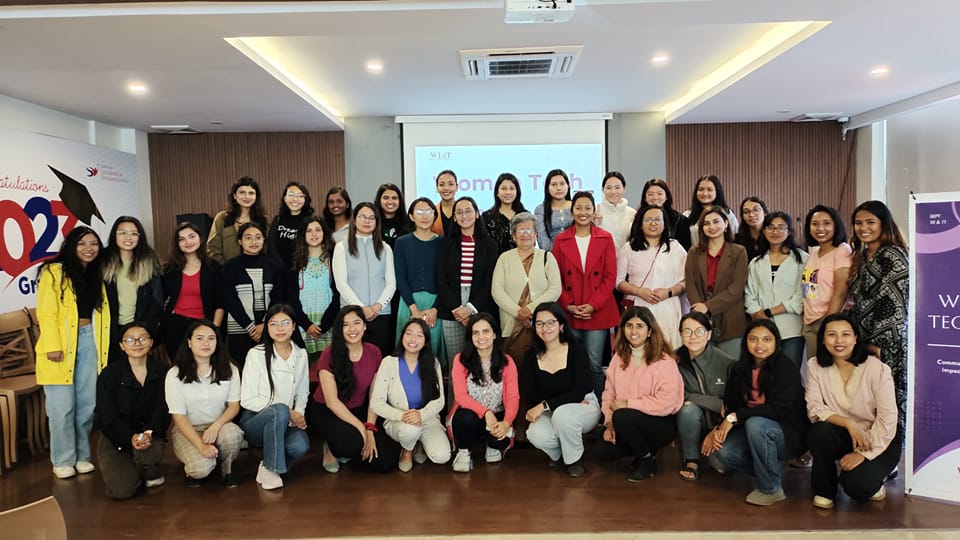Lot of young girls specially in rural setting of Nepal believe that they are less intelligent and capable than a boys, they are also less likely to pursue STEM subjects that are often perceived as ‘hard’ through school and beyond.This used to be typical scenario among mothers of by schoolmates who discouraged their daughters towards STEAM stream. Marriage used to be the priority those days even among elite circles of the capital Kathmandu, Nepal.
My mother Heera Devi used to try hard to persuade the guardians to change the mind set, however very few families understood her message. She left this world in 1970leavinng behind one son and six daughters. We were not of the age to understand the importance of her advocacy then. In her absence we were the unique example of all seven of us pursuing STEAM stream to set an example in Nepal during the 1960s and 1970s.
Un-learning these biases and changing the stereotypes is no simple matter, yet it is essential, if we are to see boys and girls able to compete on a more equal footing for the jobs of the future. Governments need to invest in programmes that deconstruct negative stereotypes and traditional gender roles.
Real-life mentors and success stories can motivate girls and boys to role models in non-traditional fields — such as female engineers or male carers — and give women the chance to tell their own stories through programmes such as the story telling campaign through online platform, which showcases the stories of women leaders and women who have been forgotten in history books. Citizens of rural settings can be transformed and all have a part to play a part in closing the gender divide, overturning stereotypes and encouraging women and girls to use ICTs and pursue careers in the technology sector.
Citizens should co-create models by engaging school authorities to change the curriculum and engage teachers to ensure that they do not have different expectations for boys and girls. NGOs and INGOS should motivate private sector partners who are prepared to engage seriously in rectifying gender inequality which is an important aspect of influencing changes for women in the workplace, with results that improve conditions for men too. Citizens must continue engaging with non-traditional allies, such as local and religious leaders, young people and men and boys. This process of ‘un-stereotyping’, and empowering women to create their own narratives will be crucial to ensuring that ICTs drive progress towards achieving the Women, girls, ICTs and the SDGs 2030 Agenda.
